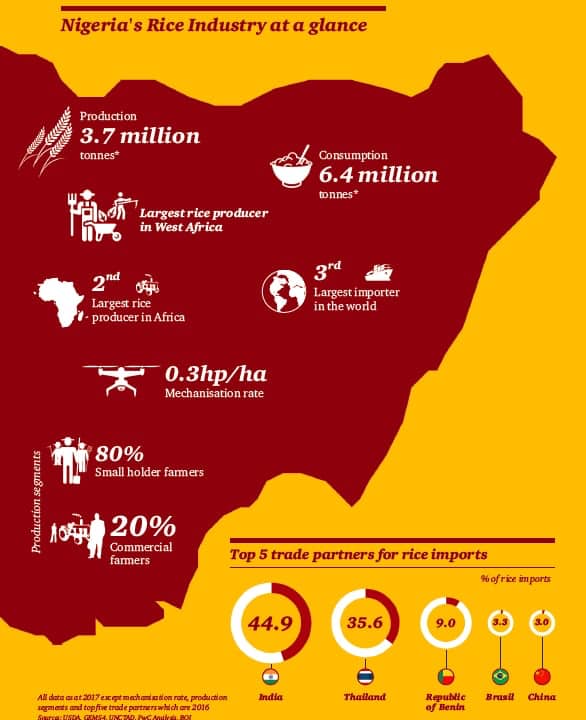There are no products in your shopping cart.
| 0 Items | £0.00 |


By Ayo Akinfe
(1) Nothing stifles a nation’s economic development as much as a lack of coherent policy. Contrary to what many Nigerians think, the total lack of understandable, consistent, logical and coherent government economic policy is the main reason behind our under-development as a nation and not corruption. Even if you totally eliminate corruption, you still need to invest the proceeds for it to make any difference in people’s lives
(2) This week, President Buhari instructed the Central Bank of Nigeria (CBN) to stop selling foreign exchange to food importers. Many people applauded the move thinking it was forward-thinking but hey, do you know that the CBN is independent of the government? What President Buhari did was illegal and his so-called directive would easily be overturned by a court of law
(3) When you have in independent central bank, it is supposed to make decisions without political interference. The whole idea is that politicians will not play politics with the economy and leave economic management to the technocrats. In an ideal world, Godwin Emeifile would have tendered his resignation after receiving that memo, which undermined him as CBN governor
(4) Now, back to the issue of food importation, we have never asked ourselves why we import food. Nigeria only mass imports about five food products that includes rice, sugar, wheat, fish and palm oil. Unfortunately, due to our large population, this costs us about $2bn a year
(5) Nigeria is by and large self-sufficient in food production as we grow all our main staples like cassava, yam, millet, maize, etc. We produce all the gari, pounded yam, amala, fufu, lafun, akpu, tuwo, okra, egusi, bitter leaf, etc we eat. As a nation, we do not have a food security problem. We are also the world’s number one producer of yam, cassava, shea nuts, kolanuts, cocoyam, egusi, bitter leaf, etc
(6) Nigeria is actually a net producer of food i.e we produce more then we consume. Nigeria is currently the world’s sixth largest agricultural producer but about one third of our output goes to waste because of poor roads, storage facilities, a lack of refrigeration and no supply chain structure
(7) Just to give you an example. Probably about 40% of our tomato output gets squashed leaving farms because the roads linking the farming village to the local government headquarters are so bad that at least two baskets get ruined with every pothole that the truck hits
(8) I agree with the sentiment that we need to cut food imports but the way to do it is improve domestic distribution, refrigeration and storage. Building silos in every one of our 774 local government areas, providing refrigerated trucks and tarring rural roads is what will make food more abundant and cheaper
(9) This blanket import ban is only going to lead to higher prices and inflation. Demand and supply fundamentals do not lie. When you ban imports and do not produce what you have banned locally, you create inflation. Just take the case of rice for instance. We only produce about 4m tonnes but consume about 7m tonnes. To make rice imports unattractive, the government needs to not only boost production but also increase unit-per-head output. If Thailand is producing rice at $20 a tonne and selling it at $30 a tonne, why should Nigerian consumers be forced to purchase it from local producers who can only supply it at $50 a tonne? As an economy, we need to learn to be competitive. One problem with government tariffs is that it protects lazy, inefficient and uncompetitive local monopolies, providing them with no incentive to up their game
(10) It is believed that George Akume will become the new agriculture minister. I hope he is more modern and forward thinking in his outlook. He needs ti first of all improve the distribution network, improve productivity and then target those five products we spend a lot of money importing with a view to making Nigeria self-sufficient in their production by say 2025